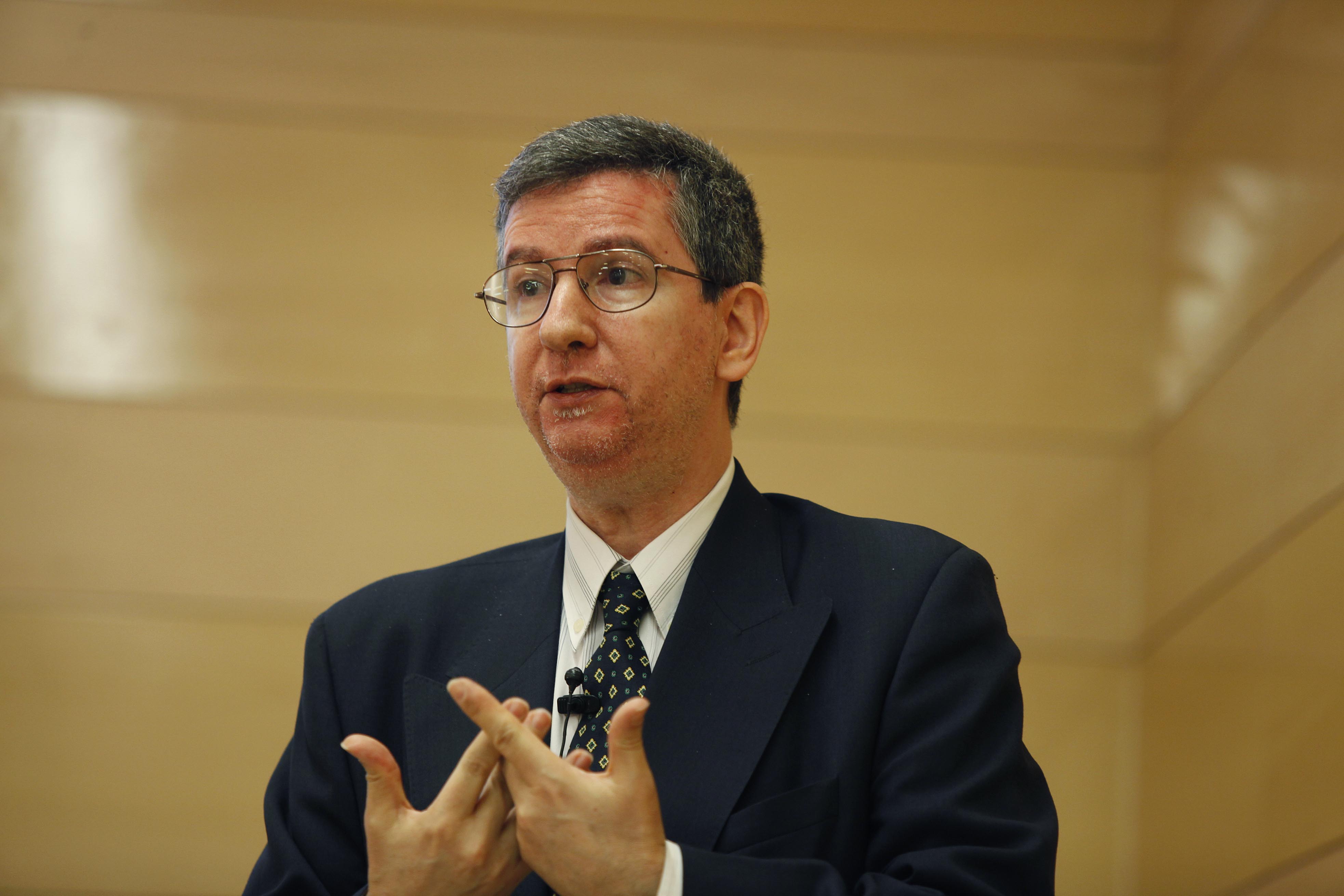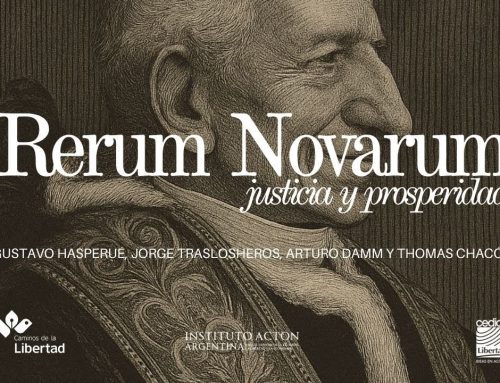By Gabriel Zanotti
Not that I am acquainted with them. I do not know who they are, or even if they exist. But if they do exist, they are the key.
Every religion is tempted with vicious fanaticism. The world did not emerge overnight with Christianity as a walking dove of peace and Islam as the sole violent character. Christianity has seen its share of violent history. In the name of Christianity, regrettably, plenty of wars have been waged; the Holy Empire was not like Paul VI; not so long ago, popes were chiefs of their armies, which were not exactly the tourist Swiss guards. Catholics and Protestants have unmercifully slaughtered each other for centuries, with the blessing of their highest leaders; and the violent persecution of Jews by Christians led John Paul II himself to beg forgiveness, bravely, at the Wailing Wall.
Still, Christianity, Judeochristianity, has experienced a secularization process. Church and state have been set apart, while religious freedom, the dialogue with non-Christians, and the fair autonomy of temporal realities have all been proclaimed by the Second Vatican Council of the Catholic Church
Some may argue that it was false, that it responded to external pressures. Others, with the help of Ratzinger, claim that it was not false, but an evolution consistent with the very theological premises of Christianity.
But the important issue about secularization, at a political level, is that we have lived through it.
Apparently, the Islamic people have not yet gone through such secularization. It is not my place to judge whether the fight claimed by the Koran is symbolic or factual, yet indeed, the Christian Scriptures are filled with expressions that may be read as highly violent but which today make up a symbolic tradition that has nothing to do with war as we conceive it. Why can’t the Koran have a similar interpretation? Some will say: it cannot; it is intrinsically violent. Certainly, many anti-Islamic individuals, having witnessed the dreaded abomination of ISIS, will uphold such assertion. And the only people called and authorized to prove them wrong are Islamic thinkers. It is them who are called to undertake an Islamic secularization; but foremost, believers, that is, Islamic people who truly believe in Allah, in His last prophet and in the Koran, and who, in turn, believe in religious liberty and state secularity. Is it an empty class? Or at least is there an X such that X is… Because such is the key to the future. I dare say this precisely because we Christians are aware of the past, and that we may indeed change. Nobody recalls today that between September 19 and 20, 1870, Pius IX commanded to take up arms to resist the entry of the Italian army into his Papal States. If everything within the Church would have stayed unaltered, the current Pope would be planning all sorts of armed attacks against the present Italian state. Things have changed, not because of Pius IX’s mind, but because there were other minds at work who bore fruit in the Second Vatican Council and in the peaceful Church of our days.
Brothers of the Muslim religion, unless you do the same, there is no hope for you. I am a standard classical liberal Catholic who will continue to defend religious liberty, who will continue to defend the Second Vatican Declaration Nostra aetate, and who will always hold the distinction between “Islam in itself” and the cruel and ghastly fanaticism of ISIS, ises, eses, and the like. But the world is less philosophical. The war to come will make the Crusades seem like a board game. Only you can mentally disarm yourselves and avoid war.





Deja tu comentario